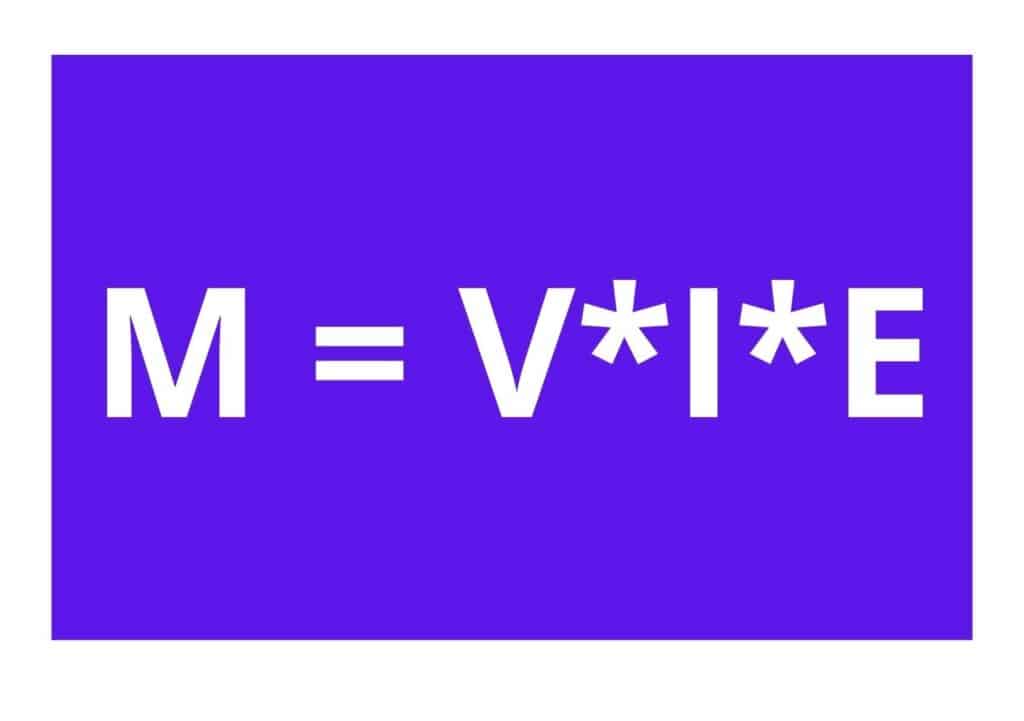A process theory of motivation is Victor Vroom’s Expectancy theory of motivation. According to this, a person’s motivation is influenced by their hopes for the future.
According to Vroom, an individual’s motivation is specifically influenced by how much they value any rewards associated with an action (Valence), how much they believe they can produce good results by putting effort into something (Expectancy), and how much they believe that producing good results will lead to a reward (Instrumentality).

Table of Contents
What the Vroom model suggests about individual Goals
According to Vroom, a person’s motivation is the result of a number of elements:
1. Valence:
How much they value the possible benefits connected to the particular outcomes or actions.
2. Expectancy:
How much do they think their extra effort will help them receive the desired benefits from their behavior?
3. Instrumentality:
How much they think the benefits will really show up if they carry out the intended behaviors or results.

From a personal standpoint, this implies that you can lack motivation if any of these components is missing.
It’s important to take a step back and think about these things if you personally experience a lack of motivation at work. It’s possible that you are missing one or two of them. For instance, you might not consider the extrinsic or intrinsic benefits of the task you are performing. Similarly, you can only think that you are incapable of achieving a result that would result in a reward.
You might be able to pinpoint the underlying causes of your lack of motivation if you evaluate your motivation through the lens of Vroom’s expectation theory. This may therefore make it easier to decide what steps to take to fix it. As usual, you might need assistance from others to get motivated again. Talking about your ideas with a peer, acquaintance, or even your line boss may be beneficial.
Learnings For Leaders And Organizations From Vroom’s Expectancy Theory of Motivation

1. Give people incentives that will value
These could be intrinsic elements included into fulfilling job descriptions, acknowledgement, fresh possibilities, or monetary rewards. They might actually be a wide variety of things. Finding the appropriate rewards for your workforce is key.
2. Individuals should be given attainable goals
The goals you establish don’t have to be simple. However, they must be attainable for the members of your team. This may indicate that the members of your teams need to be empowered to accomplish goals and that they also require help in doing so. Additionally, it implies that the system they are expected to work inside isn’t biased against them.
3. When results are achieved, provide them rewards as promised
It all comes down to trust. You must deliver the implicit and explicit results and incentives that you have pledged to deliver in this situation if you want to be believed. You risk destroying trust if you don’t do this. People will stop being driven by your suggested rewards when trust is lost.
A helpful method to think about motivation is through Vroom’s Expectancy Theory of Motivation. The equation clearly shows that if any one of the three VIE variables is very low, the person will not be motivated. From a leadership standpoint, this implies that you must establish a relationship with your team members and provide possible incentives (intrinsic or extrinsic) that they value. You also must set challenging but attainable objectives for your team members, and you must be dependable and honest.
Vroom’s Expectancy Theory of Motivation is part of the Models & Theories of Motivations that psychologists started exploring to understand human motivation.
Learn more about the human mind, discover yourself and remain motivated with Evolve! If you liked our article, try the Evolve App to help you move on and focus on your growth. Evolve has a range of guided audios that help you proactively manage stress, reduce anxiety and make mindfulness light and joyful, so you can be balanced at anytime! The Evolve app is now live globally on Android and Apple. Click here to try it for free!
Read More:
Theories and Models of Motivation | Evolve US (evolveinc.io)
Co-founder and brains at LeapX by C32 Media Labs
Mail at sarah@c32.media to connect with her.